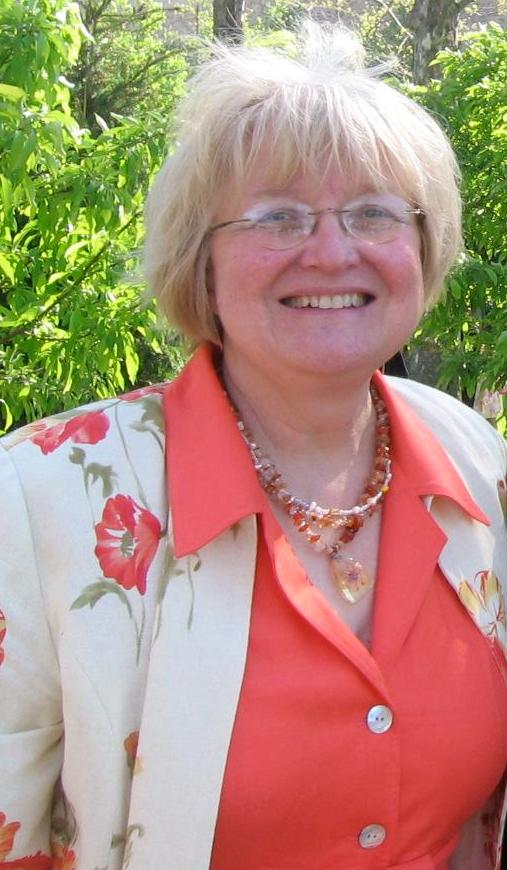I recently sat at a memorial service for our 89-year-old
former neighbor. He was a World
War II vet who had flown 42 combat missions in the European theatre. In the nearly 20 years he lived next
door to us, he was an affable conversationalist yet he shared next to nothing
about his war years. I know this is a fairly common thread among many WW II
vets. However, I often thought of
the power of his story and what he could have shared about the horrors of war,
the survival of the human spirit, courage, fear, camaraderie, etc., which may
have benefited "the next generation."
Storytelling. Among the native cultures, storytelling is considered one of the essential universal healing components, used to transmit values, ethics and spiritual beliefs. As Peggy Beck and Anna Walters wrote in their book The Sacred :
"Human memory is a great storehouse which we ordinarily fill with only a fraction of its capacity. The elders knew this and tested and trained the memory along with the other senses so that the history and traditions of the People could be preserved and passed on. One of the most important of the oral traditions was storytelling."
The personal stories we tell about life in mid-to-late 20th century America can offer hope and inspiration to a world in which that story has been twisted or forgotten. Our generation benefited in so many ways from what progressive ideals brought us. Yet somewhere in my lifetime, the narrative of progress in this country changed. In the last 30-plus years, it's been drowned out by the Ronald Reagan mantra, "Government is the problem." I remember it differently.
I often think, as a person approaching my 60th birthday: "Am I the only one who remembers what it was like to grow up in the late 1950s and 1960s?" I would never paint an "Ozzie and Harriet" picture of life back then -" glossing over segregation and the cold war -" but I feel as though my generation benefited the most from the sweat and toil of the great progressives who walked before me. It was progressive ideals that impacted or brought about:
- Trade unionism
- Trust busting
- Women's suffrage
- The Glass-Stegall Act (regulating banking)
- Social Security
- Expansion of civil liberties
- Hours, wages and unemployment legislation
All of which led to what we knew and loved as life in the American middle class, of which I was a happy and willing participant. My family owned a home and it was paid off before the 20-year mortgage was due. We paid taxes and benefited from the services provided by the city, state and federal agencies that served us. My father was a public school teacher, who belonged to a professional union. My friends' parents were city workers who plowed streets in the winter, picked up garbage weekly or served as public health nurses. Our summers were spent playing and swimming in public parks; the winters spent ice skating at the public park rinks that were maintained by city workers. The public library system was a walk or a bike ride away.
Now it's time for us to reclaim our stories about how we benefited from the many social and economic programs advanced by progressives. We need to pass these historical stories on to our children and grandchildren. A generation exists today that has heard mostly stories that vilify what progressives did and fought for in the 20th century.
Progressive idealism shaped much of who we are. If we fail to tell that story, we not only run the risk of losing the memory of what it brought us as a society, but we could lose something deeper -" the values, the common purpose, the shared sacrifice that brought heart and meaning to our lives. For every Reagan story you hear or see, there should be a story at your finger tips or off your lips about Louis Brandeis, Franklin Roosevelt, Eugene V. Debs or Dorothy Day -" to name but a few who fought so hard to make life better for so many.
I would challenge progressive baby boomers to chronicle how progressive leaders or progressive ideals impacted your own life stories. Provide an oral history to your children or grandchildren; record it in a journal or diary; include it as part of an ethical will.
(Note: You can view every article as one long page if you sign up as an Advocate Member, or higher).





